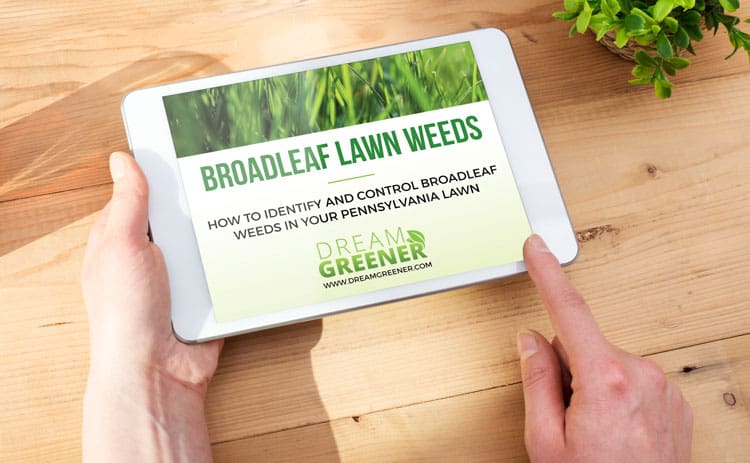Round 1 #
Dormant oil
Dormant oil is an effective and ecologically friendly way to manage overwintering insect and pests before populations rise above a damaging threshold in the spring.
Round 2 #
Feeding for ornamentals
Trees and shrubs that grow in forests get their nutrients from the soil in their natural environment . Urban and suburban soils are more nutrient deficient than native soils. Our Fertilizer is a fast-acting nutrient source that may be liquid or granular. These nutrients are applied near the root system of your plants and become available for the trees and shrubs roots to take up, store, and use.
Round 3 #
Insect and disease management
Our arborist will evaluate your landscape and provide controls where insect or disease activity is present or probable. This will reduce foliar injury due to feeding insects, which will increase healthy leaf surfaces. Leaf surface area has a direct link with all photosynthetic light harvested which affects the overall plant growth.
Round 4 #
Insect and disease management
Insects typically reproduce faster during the hot summer months. The higher the temperatures rise the metabolism of the insect also rises which creates a need for excessive feeding to survive. Our summer visit will target pests and disease that cause foliar damage including Japanese beetles.
Round 5 #
This late summer/early fall visit will identify areas of your landscape that may have activity from migrating insects and any resurgence in population due to hot temperatures.
Round 6 #
Fall feeding for ornamentals
Our fall feeding will provide your ornamentals with valuable nutrients to be taken in and stored for used during the winter months. Plants that are fertilized in the fall have an earlier green up and tend to have less damage through the winter months.
Round 7 #
Fall oil
Our fall horticulture oil visit will manage many insect and scale populations that may be impervious to other controls. This will reduce the populations before they overwinter and emerge in spring to feed resulting in damage.
Round 8 #
Anti-desiccant
Desiccation is when water is lost through the plant leaves faster than it can be absorbed though the roots. Anti-desiccant will add a protective waxy coating to the leaves of broadleaf evergreens to slow the process of transpiration.
Specialty Treatments #
Specialty visits that are not included in the round visits are borer injections and spotted lantern fly sprays.
Disclaimer #
While our tree and shrub health program will offer your landscape a premium level of care from feedings and oil to insect and disease management, there are many issues that can arise that we can not control. Decline in landscape plants can be caused by planting issues, locations, girdling, and many other factors. When this occurs, we can offer guidance on extending the life of the plants or on a replacement better suited to the location.
